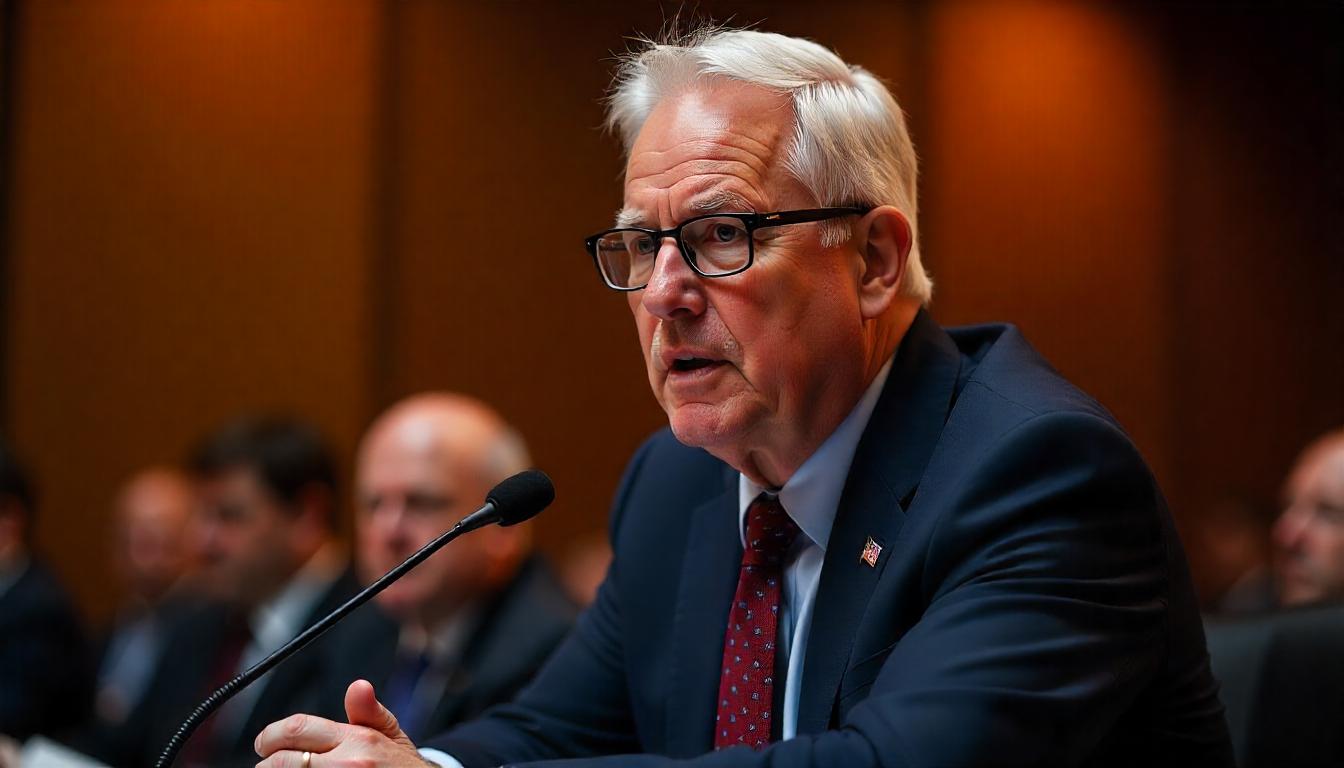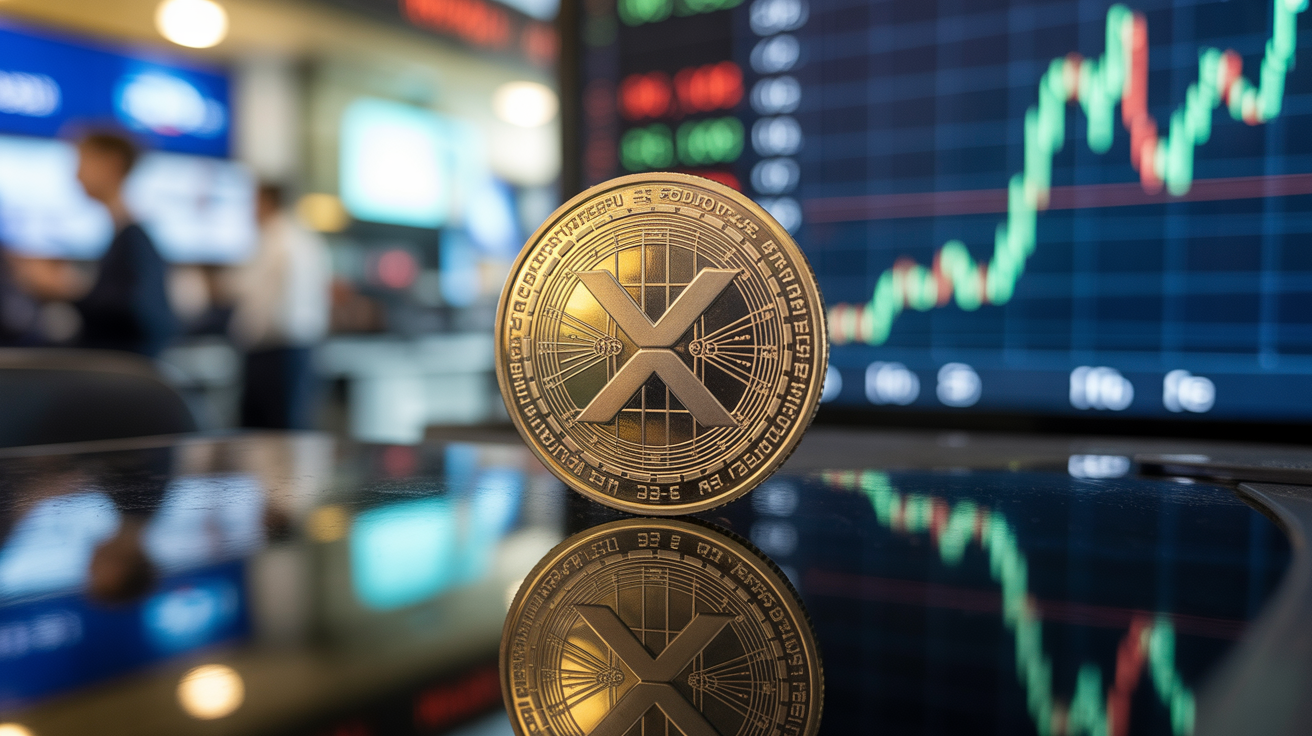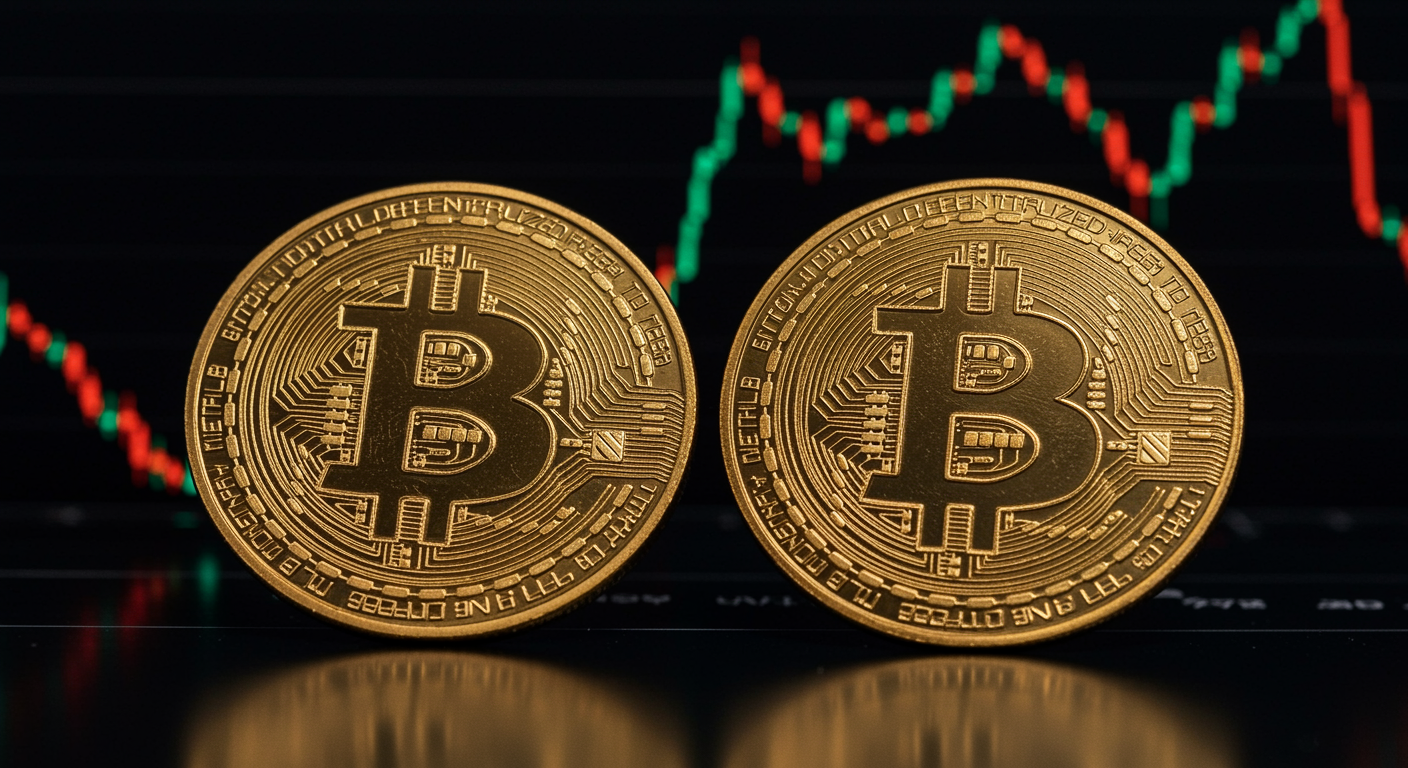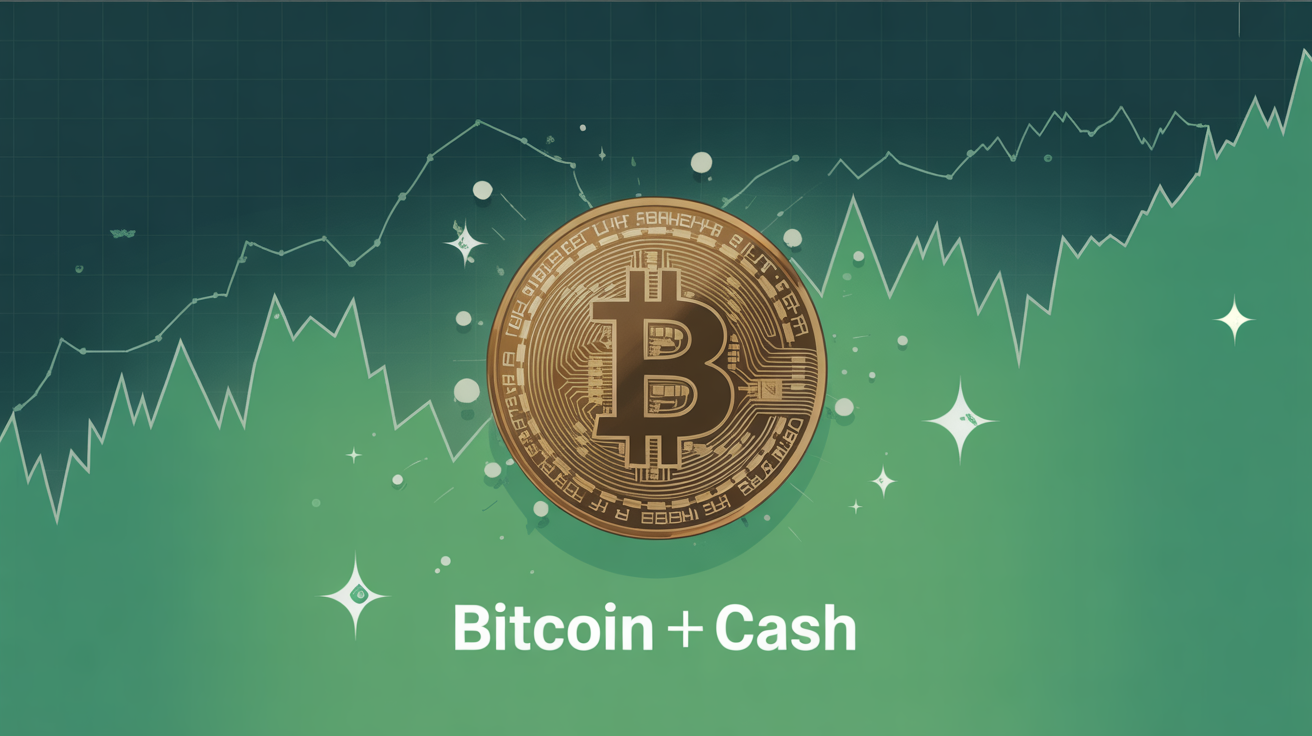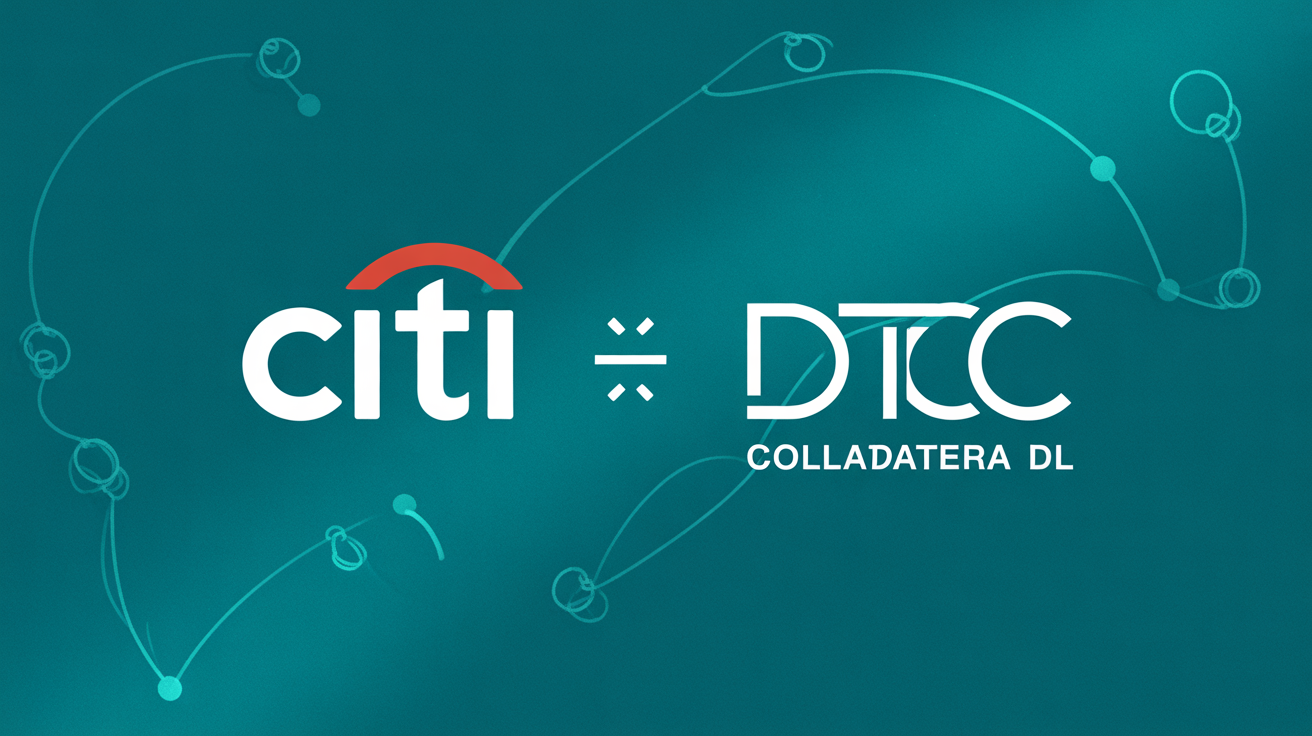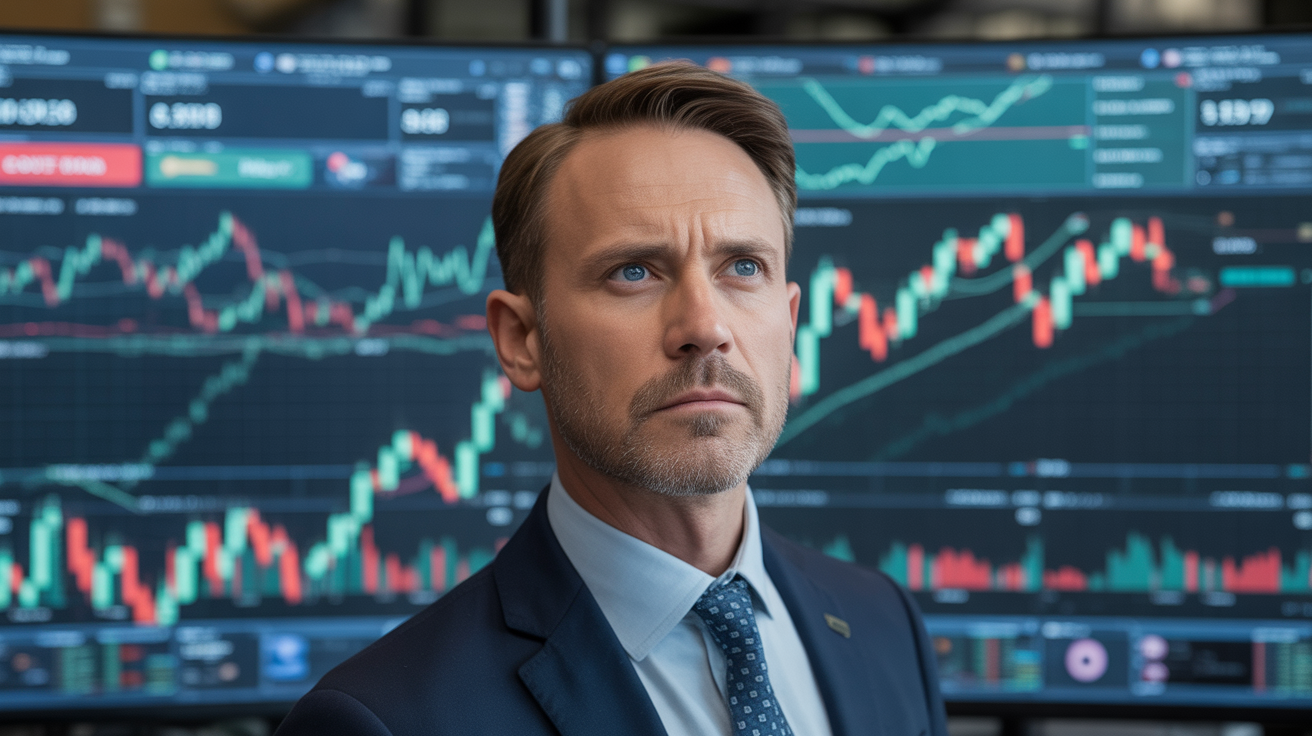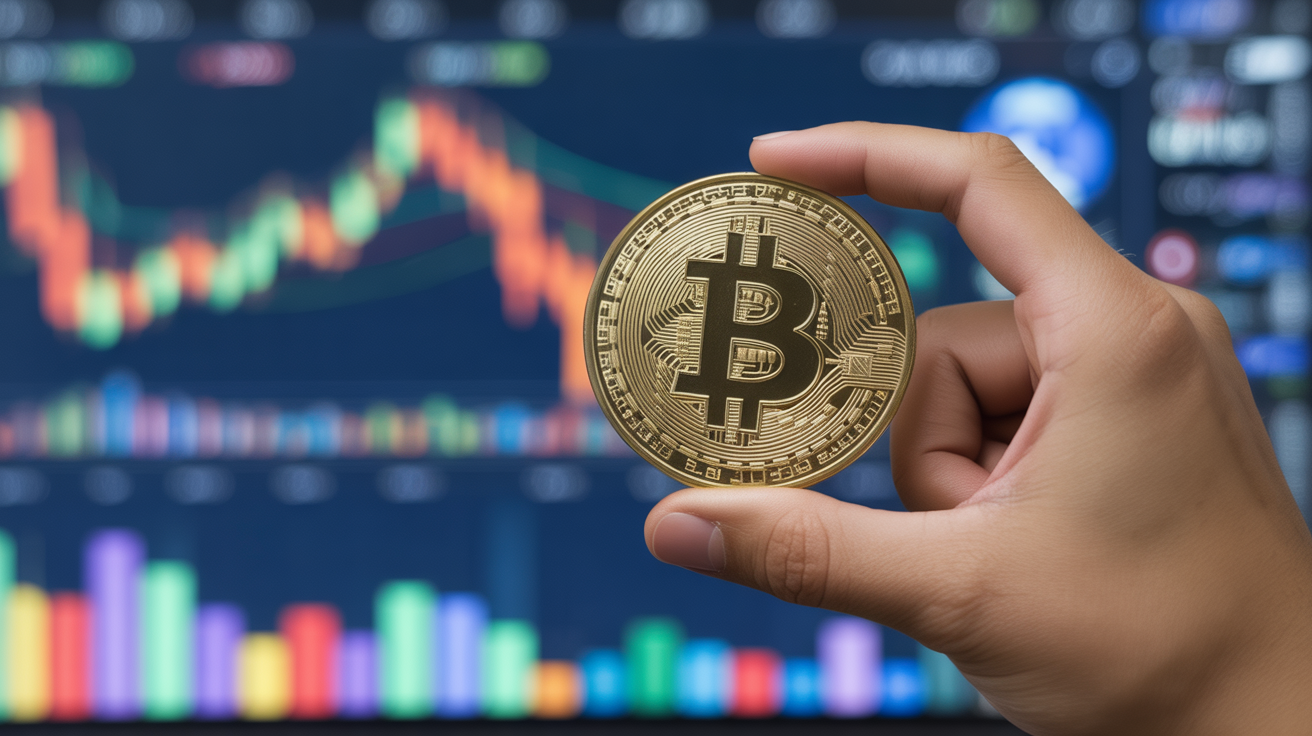Marathon CEO Urges U.S. to Begin Mining Bitcoin to Fill Strategic Reserve
“Saying you’ll build a strategic reserve means nothing unless you start filling it,” said Fred Thiel.
LAS VEGAS, NV — Speaking at Bitcoin 2025 on Tuesday, Marathon Digital Holdings (NASDAQ: MARA) CEO Fred Thiel called on the U.S. government to take concrete steps toward building its strategic bitcoin reserve by actively mining the digital asset.
Thiel pointed to the administration of President Donald Trump, which authorized the creation of a strategic bitcoin reserve in March, arguing that the government must now move beyond rhetoric and begin acquiring bitcoin through practical, “budget-neutral” means — such as leveraging surplus hydroelectric energy for domestic mining.
“The U.S. needs to take action,” Thiel said during a panel discussion. “Making a statement that we’ll create a strategic reserve is meaningless unless we begin filling it.”
So far, the only bitcoin earmarked for the reserve consists of roughly 200,000 BTC seized by the government in civil and criminal cases. But Thiel and other industry voices believe that incorporating forfeited bitcoin should only be the beginning of a much larger initiative.
Legislative Push for Broader Acquisition Strategy
Senator Cynthia Lummis (R-Wyo.) echoed that sentiment, reiterating her support for expanded government bitcoin holdings. In March, she reintroduced the BITCOIN Act of 2025, a bill that outlines a multi-phase strategy to grow the reserve. The legislation proposes that once all seized bitcoin is transferred into the reserve, the government would gradually convert underperforming gold certificate assets into bitcoin over a two- to five-year period.
“We don’t need new spending,” said Lummis. “We already hold enough underutilized assets to acquire up to 5% of the world’s bitcoin.”
Despite support from pro-crypto lawmakers, progress on the BITCOIN Act and broader reserve plans may be delayed. Lummis noted that Congress remains preoccupied with stablecoin and market structure legislation, and that widespread misunderstanding of bitcoin still poses a significant obstacle.
“It’s a heavier lift than I anticipated,” Lummis admitted. “Many lawmakers still don’t fully understand what bitcoin is or why it matters.”
As pressure builds from both industry leaders and crypto-aligned policymakers, all eyes are now on the federal government to move beyond initial policy declarations and take tangible steps toward establishing the United States’ long-term presence in the digital asset space.


